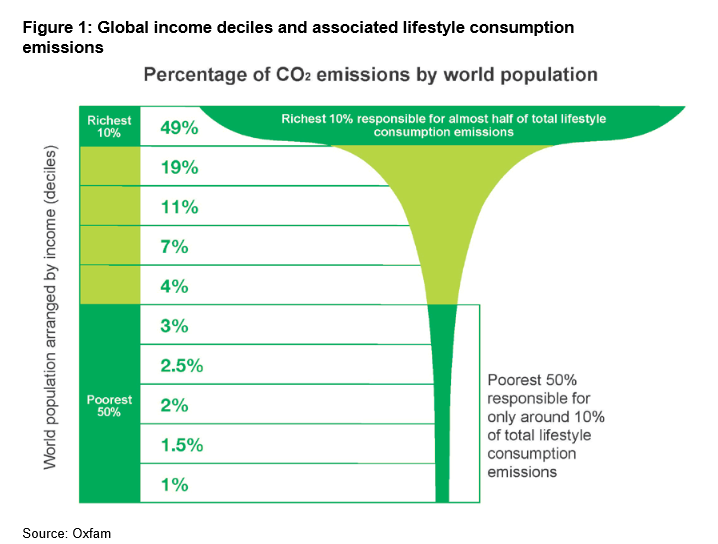Are we nearing the end of poverty?

Stay up to date:
Economic Progress
For the first time, extreme poverty has fallen below 10% of the global population.
Twenty-five years ago, more than a third of the world’s population was living below the international poverty line. In 2012, it was just under 13%. Under a new international poverty line of $1.90 a day, the percentage has fallen to 9.6%, according to the World Bank.
The new global poverty line uses updated price data to paint a more accurate picture of the costs of basic food, clothing and shelter needs around the world. In other words, the real value of $1.90 in today’s prices is the same as $1.25 was in 2005.
East Asian and Pacific regions have made the most progress. In 1990 just over 60% of the population lived in poverrty. Today that number is estimated at 4.1%. South Asia has also shown progress, moving from 51% to 13.5%, while sub-Saharan Africa remains the most challenged by poverty with 35.2% of the population living on less than $1.90 a day.
Investments in education, health and social safety, in addition to strong growth in developing countries,have been mainly responsible for the rapid decline in global poverty. “This new forecast of poverty falling into the single digits should give us new momentum and help us focus even more clearly on the most effective strategies to end extreme poverty,” said Jim Yong Kim, President of the World Bank, in a statement.
Using the World Bank’s previous measure of $1.25 a day, the United Nations has set out to end all extreme poverty by 2030.

That progress, however, could be threatened by climate change. A recent report by Oxfam showed that the poorest regions of the world were most at risk of being affected by climate change, despite being the world’s lowest emitters of carbon. Regions highly dependent on climate-sensitive livelihoods could see a return to poverty if climate change continues to accelerate.
A departure from poverty has also seen a rise in the global middle class. Since 2001, according to Pew research, the number of people who could be considered part of the global middle class has doubled, meaning the world’s middle class is now roughly 13% of the global population. That prosperity, however, has been mostly in Latin America, China and Eastern Europe. The majority of the world is still classed as low-income.
Where are you in the global economy? Try the Pew income calculator.
Have you read?
What’s causing the rise of the working poor?
To help end poverty, give everyone an address
Does capitalism cause poverty?
Author: Donald Armbrecht is a freelance writer and social media producer.
Image: A girl selling apples by the roadside waits for customers just outside the Angolan city of Lubango. REUTERS/Finbarr O’Reilly
Don't miss any update on this topic
Create a free account and access your personalized content collection with our latest publications and analyses.
License and Republishing
World Economic Forum articles may be republished in accordance with the Creative Commons Attribution-NonCommercial-NoDerivatives 4.0 International Public License, and in accordance with our Terms of Use.
The views expressed in this article are those of the author alone and not the World Economic Forum.
Forum Stories newsletter
Bringing you weekly curated insights and analysis on the global issues that matter.
More on Economic GrowthSee all
Navi Radjou
May 8, 2025
Dave Neiswander
April 28, 2025
Alem Tedeneke
April 25, 2025
Michael Eisenberg and Francesco Starace
April 25, 2025
John Letzing
April 25, 2025
Luis Antonio Ramirez Garcia
April 24, 2025







